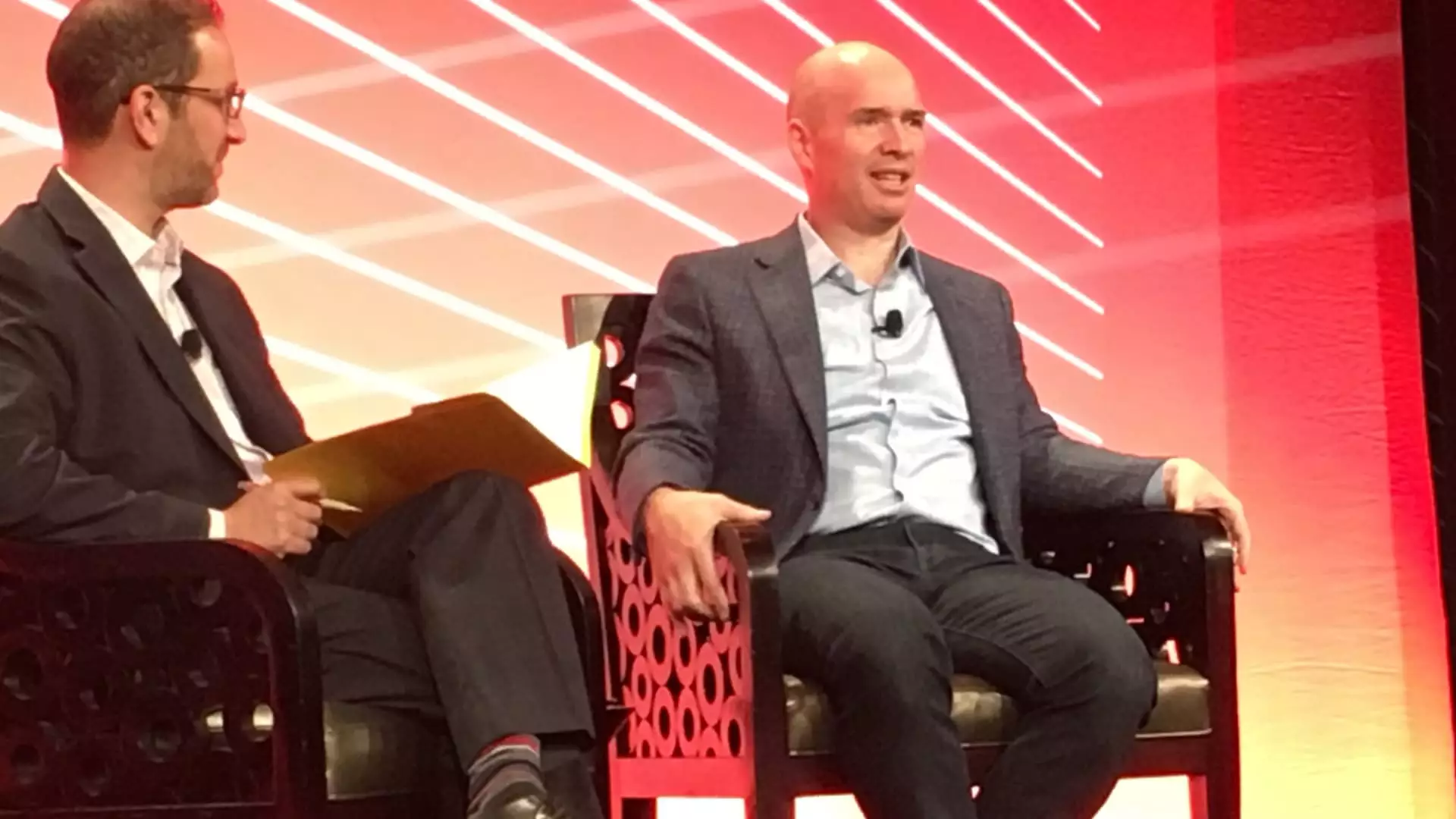In the world of venture capital, political affiliations can drastically influence professional networks and investment opportunities. Recently, venture capitalist Ben Horowitz made headlines for his unexpected pivot from supporting Donald Trump to backing Vice President Kamala Harris in the lead-up to the 2024 elections. This sudden shift highlights how closely tied personal relationships are to political support, as well as the fluid dynamics of political allegiance among business moguls. Historically, political contributions from figures in the tech industry have been a fascinating study of contradictions and pragmatism, with many tech leaders frequently realigning their strategies based on their current socio-political environment.
Personal Connections Over Political Ideology
In a letter to employees at his firm, Andreessen Horowitz, Horowitz reiterated that his and his wife Felicia’s support for Harris stems from a longstanding friendship rather than a change in their political philosophy. Having known Harris for over a decade, Horowitz’s relationship underscores how personal relationships often play a critical role in political funding and support. His statement can be interpreted not only as an affirmation of friendship but also as a strategic move to align with an influential political figure who could potentially impact tech regulations and policies in favor of startups.
Despite the prior commitment to supporting the Trump campaign due to its favorable “little tech agenda,” the shift to Harris raises questions about the conceptual underpinnings of Horowitz’s advocacy. With previous criticisms of the Biden administration’s handling of startups and cryptocurrencies, Horowitz’s support for Harris could suggest a turn towards a more nuanced understanding of political landscapes. It illustrates that even vocal critics can find merit in their former opponents when personal connections are involved.
A New Political Landscape for Tech Investors
The recent developments in Horowitz’s political contributions reflect the broader trends within the tech world where public figures must navigate complex political waters. Following the sharp growth in tech during the pandemic, political leanings have become an essential aspect of how these investors strategize their growth and influence. The tech sector continues facing scrutiny over its societal impact, which only intensifies the challenge for venture capitalists like Horowitz to maintain a consistent political stance.
Moreover, as the organization he co-founded has yet to make formal endorsements, Horowitz’s individual contributions raise the stakes for what it means to engage politically as a firm. By donating to a candidate who represents a more progressive platform, he is not just backing a personal acquaintance; he is also making a statement about the evolving relationship between tech and government. The implications of his financial support extend beyond personal ties; they might signal an adaptation within the tech ecosystem to engage constructively with the current administration.
Ben Horowitz’s shift in political support speaks volumes about the interplay of personal relationships within the venture capital community and the significance of strategic maneuvering in the face of a rapidly changing political landscape. As tech investors navigate their roles in shaping policy and their relations with political figures, Horowitz’s actions remind us that alliances can be both complex and fluid, dictated by both personal history and broader ideological shifts. His contributions will likely be watched closely, serving as a litmus test for how tech leaders engage with politics moving forward.


Leave a Reply